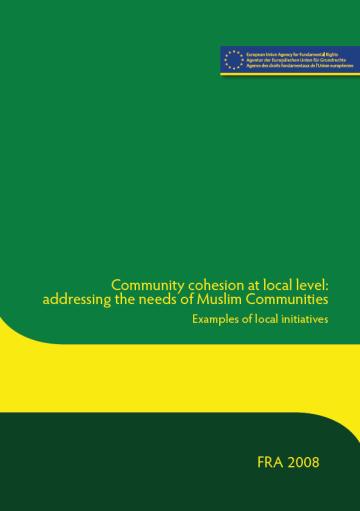Το άρθρο 4 του πρωτοκόλλου αριθ. 7 της ΕΣΑΔ έχει ως εξής:
`1. Κανένας δεν μπορεί να διωχθεί ή καταδικασθεί ποινικά από τα δικαστήρια του ίδιου Κράτους, για μια παράβαση για την οποία ήδη αθωώθηκε ή καταδικάσθηκε με αμετάκλητη απόφαση σύμφωνα με το νόμο και την ποινική δικονομία του Κράτους αυτού.
2. Οι διατάξεις της προηγούμενης παραγράφου δεν εμποδίζουν την επανάληψη της διαδικασίας, σύμφωνα με το νόμο και την ποινική δικονομία του Κράτους για το οποίο πρόκειται, εάν υπάρχουν αποδείξεις ή νέα ή μεταγενέστερα της απόφασης γεγονότα, ή υπήρξε θεμελιώδες σφάλμα της προηγούμενης διαδικασίας που θα μπορούσαν να επηρεάσουν το αποτέλεσμα της υπόθεσης.
3. Καμία παρέκκλιση από αυτό το άρθρο δεν επιτρέπεται με βάση το άρθρο 15 της Σύμβασης.` Ο κανόνας του δεδικασμένου εφαρμόζεται στο δίκαιο της Ένωσης (βλ., μεταξύ της σημαντικής νομολογίας, απόφαση της 5ης Μαΐου 1966, Gutmann κατά Επιτροπής, συν/ες υποθ. 18/65 και 35/65, Συλλ. 1966, σ. 150, και, για μια πρόσφατη υπόθεση, την απόφαση του Πρωτοδικείου της 20ής Απριλίου 1999, συν/ες υποθέσεις Τ-305/94 και άλλες, Limburgse Vinyl Maatschappij NV κατά Επιτροπής, Συλλ. 1999, σ. ΙΙ-931). Διευκρινίζεται ότι ο κανόνας της μη σώρευσης αφορά τη σώρευση δύο κυρώσεων της αυτής φύσεως, ποινικών εν προκειμένω.
Σύμφωνα με το άρθρο 50, ο κανόνας του δεδικασμένου δεν ισχύει μόνο εντός της δικαιοδοσίας ενός και του αυτού κράτους αλλά επίσης μεταξύ των δικαιοδοσιών διαφόρων κρατών μελών. Αυτό αντιστοιχεί στο κεκτημένο του δικαίου της Ένωσης· βλ. τα άρθρα 54-58 της Σύμβασης για την εφαρμογή της συμφωνίας του Σένγκεν και την απόφαση του Δικαστηρίου της 11ης Φεβρουαρίου 2003, υποθ. C-187/01, Gözütok (Συλλ. 2000, σ. Ι-1345), το άρθρο 7 της Σύμβασης σχετικά με την προστασία των οικονομικών συμφερόντων της Κοινότητας και το άρθρο 10 της Σύμβασης για την καταπολέμηση της δωροδοκίας. Οι πολύ εξαιρετικές περιπτώσεις στις οποίες οι εν λόγω συμβάσεις επιτρέπουν στα κράτη μέλη να παρεκκλίνουν από τον κανόνα του δεδικασμένου καλύπτονται από την οριζόντια διάταξη του άρθρου 52, παράγραφος 1, σχετικά με τους περιορισμούς. Όσον αφορά τις καταστάσεις που αναφέρονται στο άρθρο 4 του Πρωτοκόλλου αριθ. 7, δηλαδή την εφαρμογή της αρχής στο εσωτερικό του ιδίου κράτους μέλους, το διασφαλιζόμενο δικαίωμα έχει την ίδια έννοια και την ίδια εμβέλεια με το αντίστοιχο δικαίωμα της ΕΣΑΔ.

